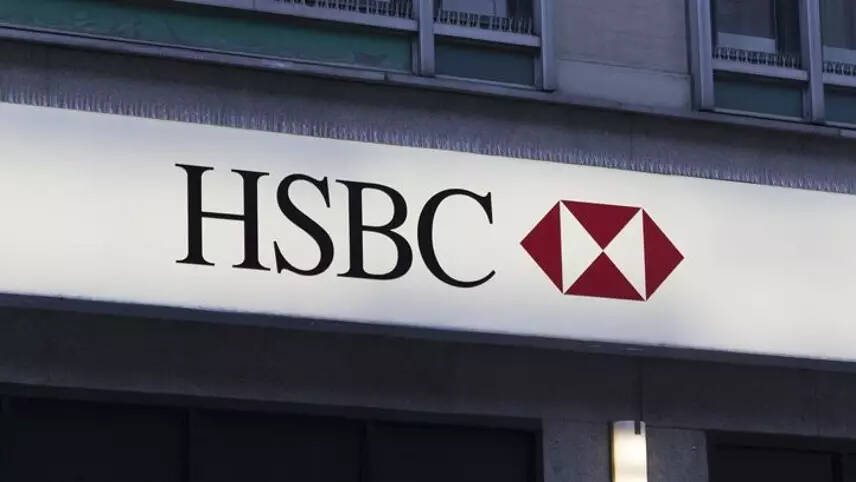Register for free and continue reading
Join our growing army of changemakers and get unlimited access to our premium content

It’s becoming a week that will be defined by resignations. After UK Prime Minister Boris Johnson received 55+ resignations across Parliament and before he delivered his own resignation speech, HSBC’s Stuart Kirk took to LinkedIn to announce his resignation from the finance giant’s head of responsible investment role.
Kirk delivered a speech that would make him go viral for all the wrong reasons at the Financial Times’ Moral Money conference in May. He called warnings about physical climate risks from bodies including the UN and the Bank of England “unsubstantiated, shrill, partisan, self-serving and always wrong”.
He argued that there could be some positives to a warming world and changing weather patterns, stating that: “Human beings have been fantastic at adapting to change, adapting to climate emergencies, and we will continue to do so.”
Kirk went on to say: “Who cares if Miami is six metres underwater in 100 years? Amsterdam has been six metres underwater for ages and that’s a really nice place.”
The reaction at the conference and on social media was swift. Some pointed out that The UN’s Intergovernmental Panel on Climate Change (IPCC) published a major report in February warning that half of the global population is already “highly vulnerable” to climate risks in some form. UN Secretary-General Antonio Guterres called the report an “atlas of human suffering”, present and future.
While the feeling was one of shock for many, some journalists and business contacts of Kirk’s indicated that he has been sceptical of the scientific forecasts on climate risk for some time and has previously aired these views in less public forums.
Kirk’s comments were swiftly denounced by HSBC group’s chief executive Noel Quinn and other senior representatives at the business. HSBC was keen to protect the perceived credibility of its plans to reach net-zero by 2050. Kirk was reportedly suspended with pay just days after giving the speech.
Posting on LinkedIn today (7 July), Kirk wrote: “Ironically given my job title, I have concluded that the bank’s behaviour towards me since my speech at a Financial Times conference in May has made my position, well, unsustainable.”
The post adds: “Investing is hard. So is saving our planet. Opinions on both differ. But humanity’s best chance of success is open and honest debate. If companies believe in diversity and speaking up, they need to walk the talk. A cancel culture destroys wealth and progress.
“There is no place for virtue signalling in finance.”
He went on to say that the main point of his original speech was “that human ingenuity can and will overcome the challenges ahead, while at the same time offering huge investment opportunities”.
Kirk has stated that he will announce later this year a new project on the creation of a new sustainable investment asset class, developed with “a crack group of like-minded individuals”. His LinkedIn profile lists his current role as ‘working on a new project to be announced soon’. In this capacity, he has stated, he will “continue to prod with a sharp stick the nonsense, hypocrisy, sloppy logic and group-think inside the mainstream bubble of sustainable finance”.
It bears noting that HSBC itself and the Financial Times also faced criticisms over Kirk’s speech. Some said they want more information on how HSBC defines “responsibility” and measures climate risk, especially given its historic backing for fossil fuels. The Financial Times has aligned its own climate commitments on operations and value chain with net-zero by 2050 along a 1.5C temperature pathway.
Reacting to Kirk’s post, senior Bank Our Future campaigner Beau O’Sullivan said:”This is what accountability looks like. You can’t downplay the very real impacts of climate change and hold a senior position at an institution currently making those impacts worse through its financing decisions.
“HSBC now has everything to prove to show that it does take climate change seriously, by putting an end to its financing of fossil fuel expansion and supporting the growth of renewable energy instead.”


I read these articles as they appear, and have time do so being retired (from the science branch of the Public Service), and am constantly surprised, naïve I suppose, by the apparent lack of comment.
Am I alone???
Richard Phillips